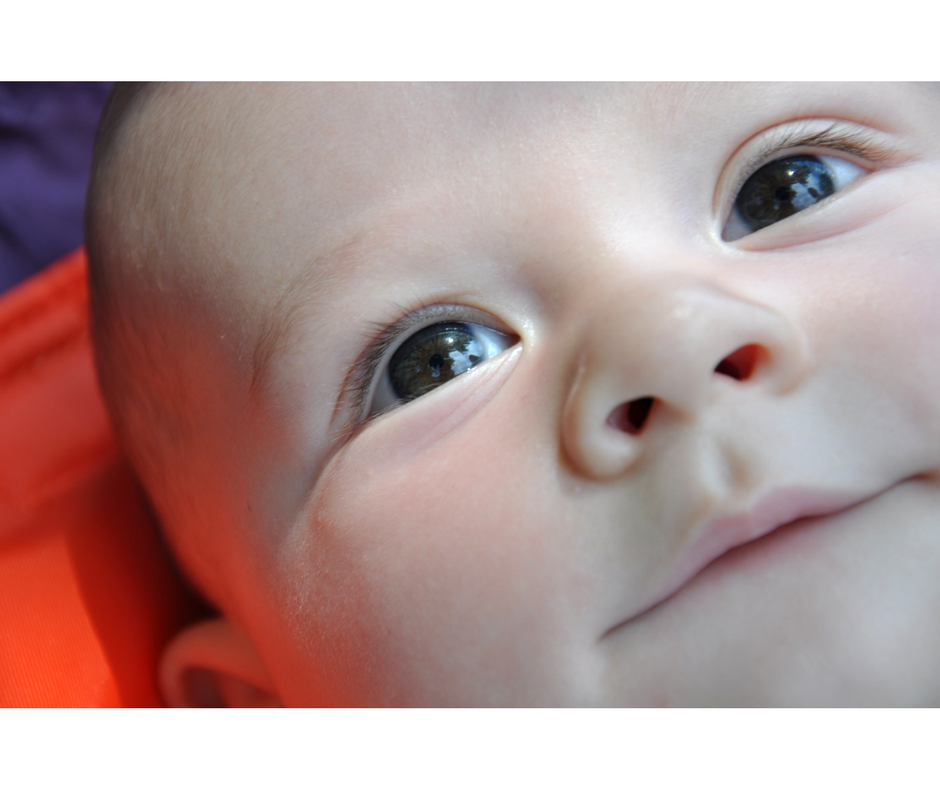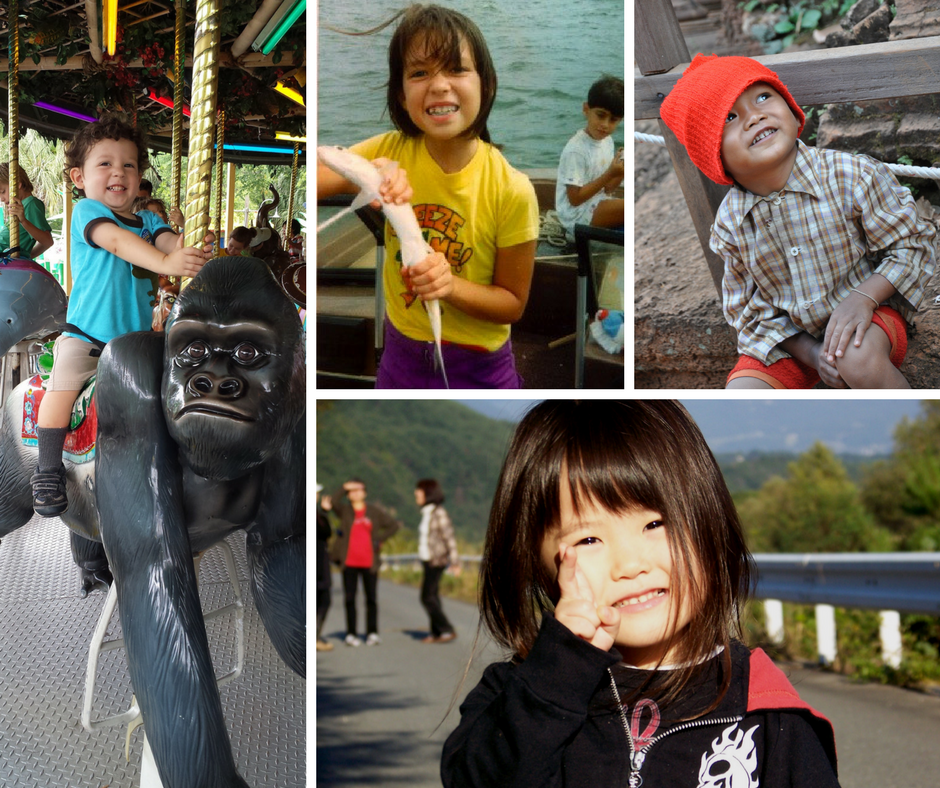
We can all relate to a child’s wonderment; where imagination rules and even mundane objects can bring hours of exploration and intrigue. While watching children discover the world around them has always been endearing for parents, a child’s curiosity also presents an important lesson for those pursuing success: Wonderment brings achievement.
Children are perseverance personified. They can be unwaveringly focused or infuriatingly obstinate without showing fatigue or hesitation. They seem to float from activity to activity with little regard for the outcome. Their lives stand as polar opposites to the frustration, exhaustion, and discouragement many of us encounter in our pursuit of personal and professional success. And time and again we find that children achieve incredible things almost by accident – they speak multiple languages, devise complex stories, construct and climb terrifying obstacles, and show genuine compassion at totally unexpected times.
If ever we wanted an example to model, let me offer children as that model. No, I am not proposing that we stop sharing, throw tantrums, or tell fibs about other children – though I would argue that many business and political leaders do exactly that. Instead I am offering that we emulate the way children imagine, explore and let themselves wonder without the expectation of a specific result. To a child, a toy may look and feel the same way every day but there are no limitations to how it can be used. They may see someone day after day but that does not negate that person’s value. Routine is never routine for a child, and there are endless variations to the standard.
Children do not care about intentions, purpose or utility. To them, every person, moment and object is potentially interesting and worthy of wonder. It is stunning how our perspectives change when we grow up. As adults, we prioritize our lives around intentions, purpose and utility. We choose certain people, moments or objects as worthy of our time and even begin to think that it is the responsibility of others to inspire our sense of wonder. With such selective criteria before we choose to put in effort, how do we ever expect to break free of our current routine?
There are many things that stand between us and our ambitions; we must not let ourselves be one of them. Let wonderment be a tool for change. Explore the world around you with the limitless curiosity and unbiased mind of a child. Even though it may seem hard to change the way you think, remember that you too were once a child. Wonderment brought you to where you are. Let it take you to where you want to go next.


